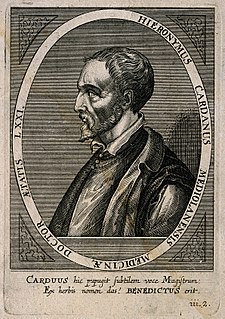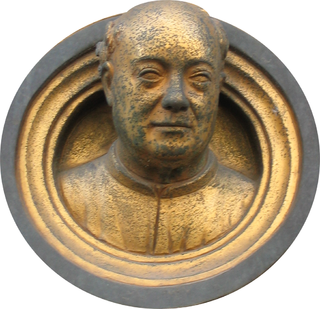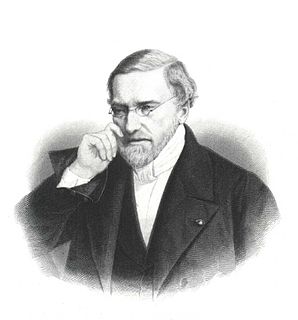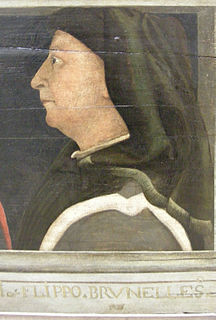A Quote by Plato
At the Egyptian city of Naucratis there was a famous old god whose name was Theuth; the bird which is called the Ibis was sacred to him, and he was the inventor of many arts, such as arithmetic and calculation and geometry and astronomy and draughts and dice, but his great discovery was the use of letters.
Related Quotes
So if the worth of the arts were measured by the matter with which they deal, this art-which some call astronomy, others astrology, and many of the ancients the consummation of mathematics-would be by far the most outstanding. This art which is as it were the head of all the liberal arts and the one most worthy of a free man leans upon nearly all the other branches of mathe matics. Arithmetic, geometry, optics, geodesy, mechanics, and whatever others, all offer themselves in its service.
There is (gentle reader) nothing (the works of God only set apart) which so much beautifies and adorns the soul and mind of man as does knowledge of the good arts and sciences . Many arts there are which beautify the mind of man; but of all none do more garnish and beautify it than those arts which are called mathematical , unto the knowledge of which no man can attain, without perfect knowledge and instruction of the principles, grounds, and Elements of Geometry.
He raised an eyebrow. "You claim not to know me? Of course I'm Thoth. Also called Djehuti. Also called--" I [Sadie] stifled a laugh. "Ja-hooty?" Thoth looked offended. "In Ancient Egyptian, it's a perfectly fine name. The Greeks called me Thoth. Then later they confused me with their god Hermes. Even had the nerve to rename my sacred city Hermopolis, though we're nothing alike. Believe me, if you've ever met Hermes--
In fact, Gentlemen, no geometry without arithmetic, no mechanics without geometry... you cannot count upon success, if your mind is not sufficiently exercised on the forms and demonstrations of geometry, on the theories and calculations of arithmetic ... In a word, the theory of proportions is for industrial teaching, what algebra is for the most elevated mathematical teaching.
Da Vinci was as great a mechanic and inventor as were Newton and his friends. Yet a glance at his notebooks shows us that what fascinated him about nature was its variety, its infinite adaptability, the fitness and the individuality of all its parts. By contrast what made astronomy a pleasure to Newton was its unity, its singleness, its model of a nature in which the diversified parts were mere disguises for the same blank atoms.
About Thomas Hobbes: He was 40 years old before he looked on geometry; which happened accidentally. Being in a gentleman's library, Euclid's Elements lay open, and "twas the 47 El. libri I" [Pythagoras' Theorem]. He read the proposition "By God", sayd he, "this is impossible:" So he reads the demonstration of it, which referred him back to such a proposition; which proposition he read. That referred him back to another, which he also read. Et sic deinceps, that at last he was demonstratively convinced of that truth. This made him in love with geometry.
Start dating someone who is funny, someone who has what in high school you called a "really great sense of humor" and what now your creative writing class calls "self-contempt giving rise to comic form." Write down all of his jokes, but don't tell him you are doing this. Make up anagrams of his old girlfriend's name and name all of your socially handicapped characters with them. Tell him his old girlfriend is in all of your stories and then watch how funny he can be, see what a really great sense of humor he can have.
Next came the Patent laws. These began in England in 1624; and, in this country, with the adoption of our constitution. Before then [these?], any man might instantly use what another had invented; so that the inventor had no special advantage from his own invention. The patent system changed this; secured to the inventor, for a limited time, the exclusive use of his invention; and thereby added the fuel of interest to the fire of genius, in the discovery and production of new and useful things.
Nothing has a greater tendency to lessen the reverence which mankind ought to have for the Supreme Being, than a careless repetition of his name upon every trifling occasion . . . . To prevent this profanation, such passages are selected from scripture, as contain some important precepts of morality and religion, in which that sacred name is seldom mentioned. Let sacred things be appropriated to sacred purposes.










































